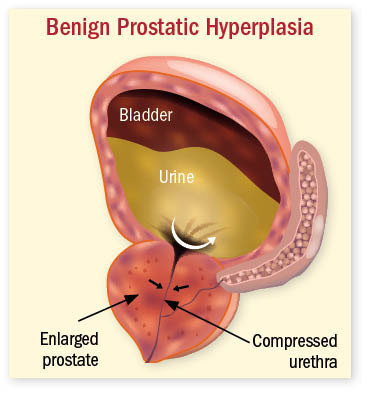
What are somatic workouts?

How to curb your stress eating

How to spot Parkinson’s disease symptoms

8 simple ways to reduce ultra-processed foods in your diet

Heart failure symptoms in women: How they’re different

GERD diet: Foods to avoid to reduce acid reflux

Strong is the new skinny

Everyday habits that sneakily weaken your bones

Don’t wait to get help for back pain

Correcting how you walk may ease osteoarthritis knee pain
Medications Archive
Articles
A new Alzheimer's drug has been approved. But should you take it?
Ask the doctor: Which antidepressants have anticholinergic effects?
An article in your April issue, ?Common drugs linked to dementia,? states that anticholinergics are used to treat depression. I wasn?t aware of this. Which types of anticholinergics are used for depression?
A new treatment for advanced prostate cancer improves survival in phase 3 clinical trial
Steps to treating an enlarged prostate
Chronic inflammation and your joints
Autoimmune conditions and heart disease
A new way to take aspirin: Liquid-filled capsules
COVID-19 and cardiovascular concerns: An evolving story
Advice about daily aspirin
Easing summer swelling

What are somatic workouts?

How to curb your stress eating

How to spot Parkinson’s disease symptoms

8 simple ways to reduce ultra-processed foods in your diet

Heart failure symptoms in women: How they’re different

GERD diet: Foods to avoid to reduce acid reflux

Strong is the new skinny

Everyday habits that sneakily weaken your bones

Don’t wait to get help for back pain

Correcting how you walk may ease osteoarthritis knee pain
Free Healthbeat Signup
Get the latest in health news delivered to your inbox!
Sign Up










